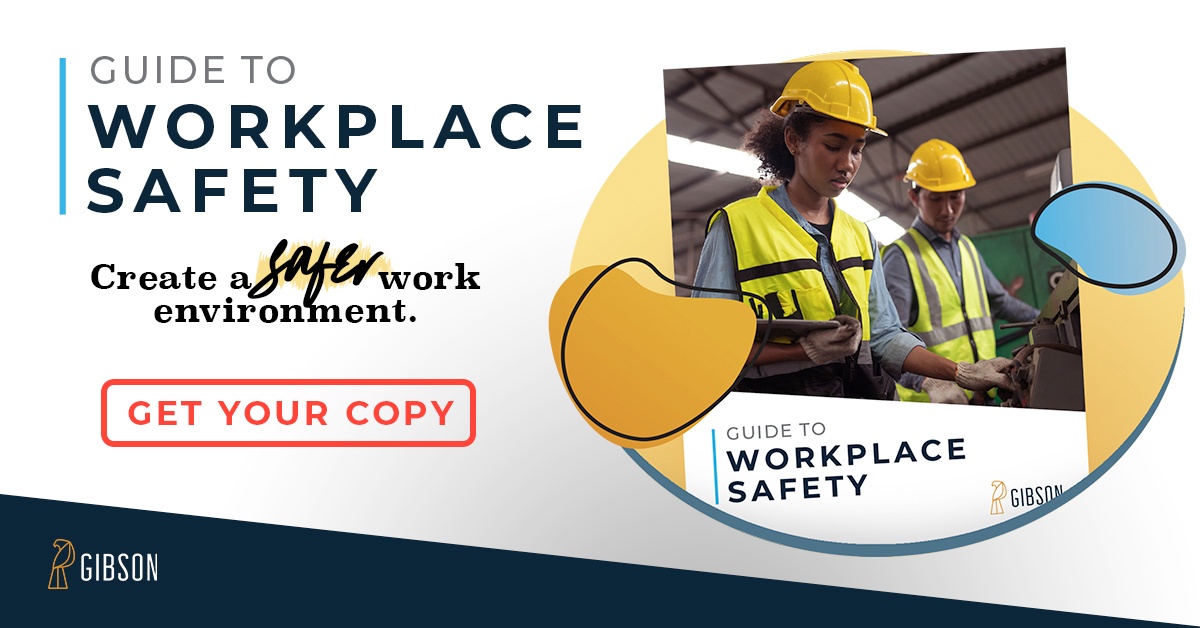 There are so many leadership theories about what makes a good leader – is it traits, competencies, skills, natural abilities or a combination of all of these? Can leadership be learned or are leaders just born to lead?
There are so many leadership theories about what makes a good leader – is it traits, competencies, skills, natural abilities or a combination of all of these? Can leadership be learned or are leaders just born to lead?
I was talking on this topic with one of our partners (and a great leader herself) Liz Misenar. She’s very passionate about it. The optimist in both of us believes that it can be learned or at least nurtured and improved.
Liz said, “Developing successful relationships is the core to becoming a good leader. You can’t lead a team of people unless you truly know them. And, maybe more importantly, until they know you.”
This, of course, takes a healthy dose of emotional intelligence (EQ) which all begins with self-awareness. The concept of EQ basically states that until you understand yourself, you cannot be open to really understanding others. “And understanding the other person is essential to the development of good relationships,” said Liz.
She told me she has learned this the hard way. Fresh out of college and eager to lead, she was given a smaller team to “learn the ropes”. This team was obviously more experienced and all of the members were at least 20 years her senior.
Liz said, “I was driven and pushed really hard but they resisted my attempts to “motivate” them by disengaging. I was baffled! Who wouldn’t want to post a positive year-end number? Who wouldn’t want to be part of a team that met their goals? The problem was I didn’t know them well enough to understand what truly motivated them. I was so eager to prove I could do it that I ended up impairing the team’s year-end results.”
Now she will tell you she knows it’s about so much more than the year-end “numbers”. If she would have taken the time to understand and get to know them, she could have provided the inspiration they needed (“it was different for each of them”) and likely would have hit the results she was so concerned about.
One of my favorite concepts is the “Emotional Bank Account” by Stephen Covey in The Seven Habits of Highly Effective People. We build trust in a relationship by making deposits and withdrawals in the emotional bank account we have with each person, just as we do with our checking account. When we need to have a difficult conversation with a team member, we can preserve the relationship if we’ve made enough deposits.
“I like to call it owning the relationship,” said Liz. She says that it’s just as important that each team member agrees to do this with each other, peer-to-peer. “It helps foster a more positive work environment by stopping the gossip, talking about each other, and helping a team member see how their actions are affecting the team,” added Liz.
What’s the Risk?
The risk is that you are driving a team toward a goal without putting in the effort to managing those relationships. If we really want to become the best and deliver exceptional results, we must learn to manage relationships effectively. Otherwise, the result will be disengagement, dysfunction, and ultimately turnover. Having tough conversations is necessary if we truly want our people to grow and develop but they need to feel valued and respected for their unique contributions. Managing relationships effectively can be learned—and we all have room for improvement in that area.




